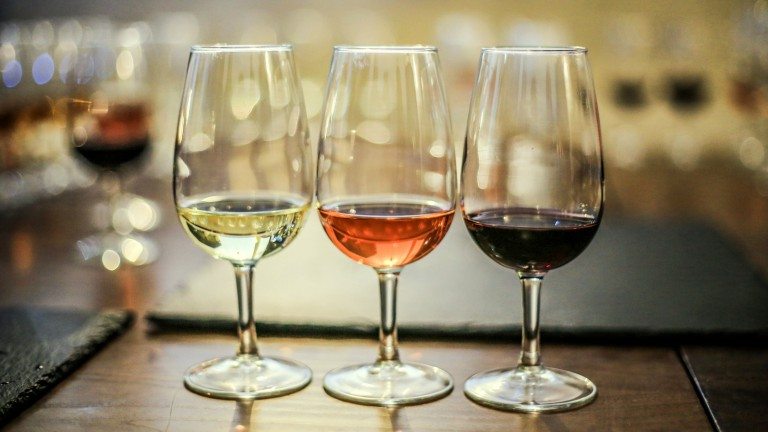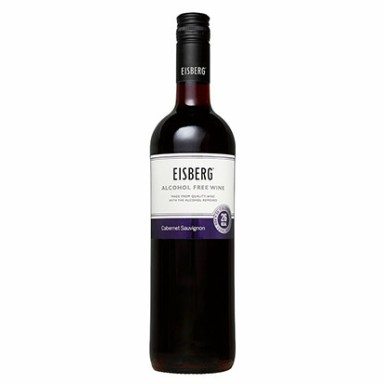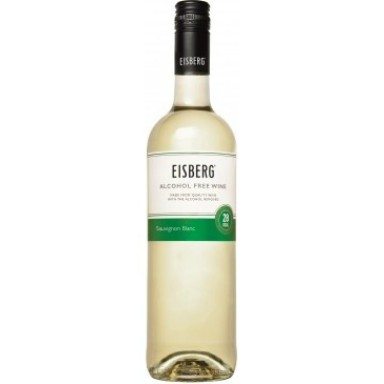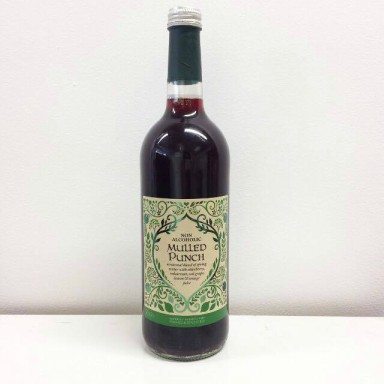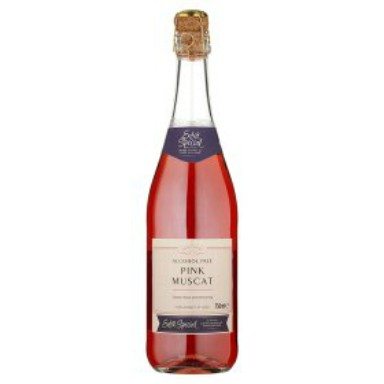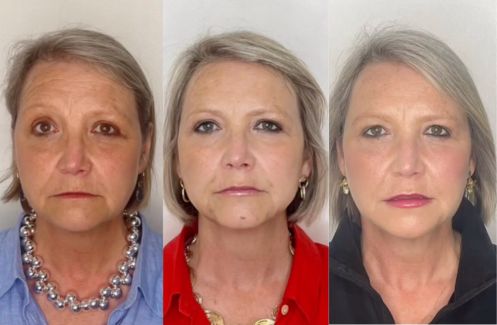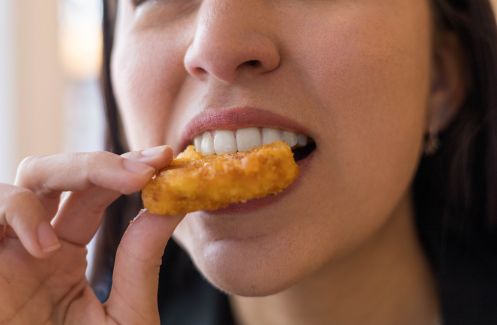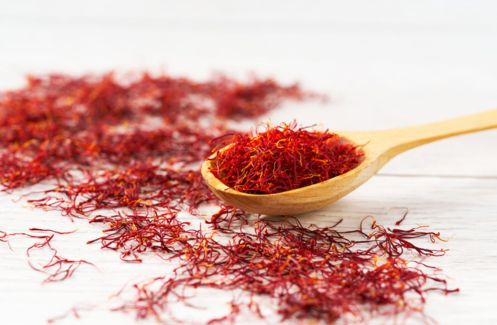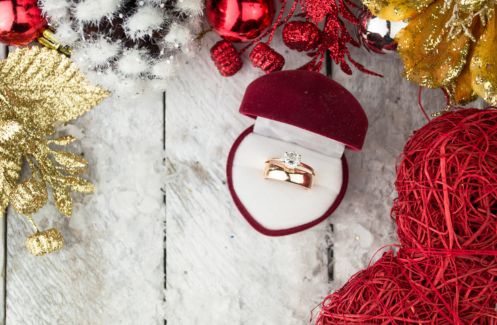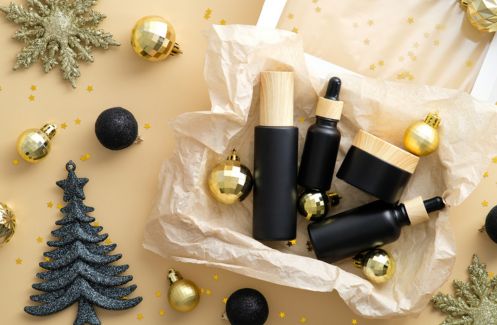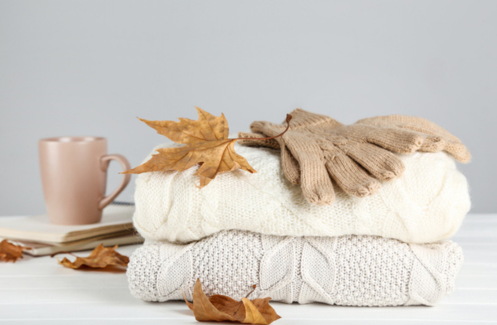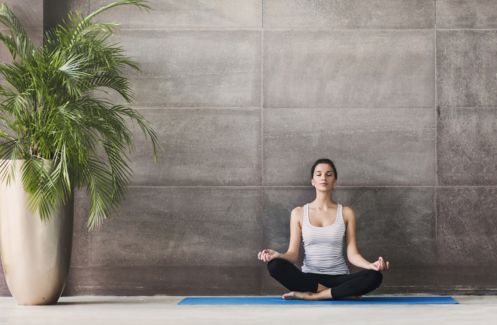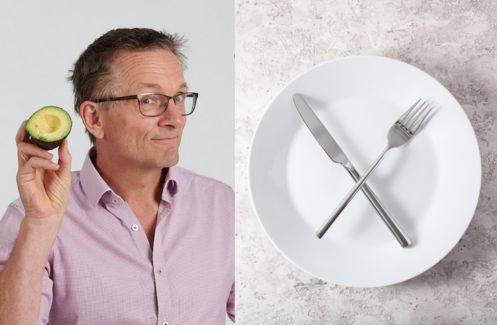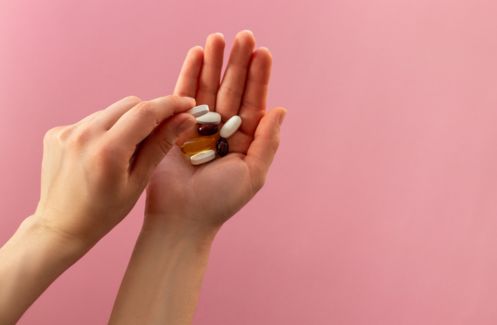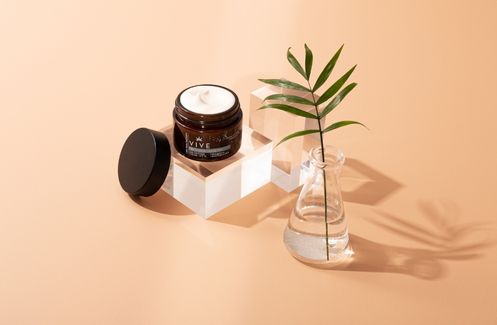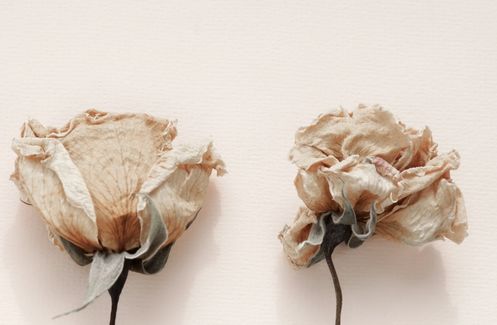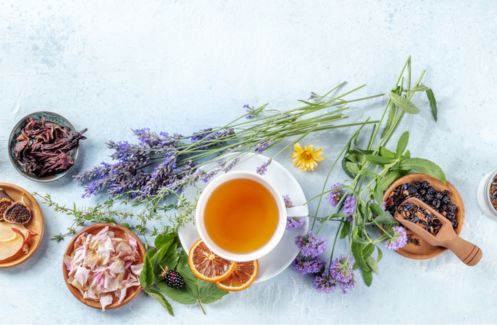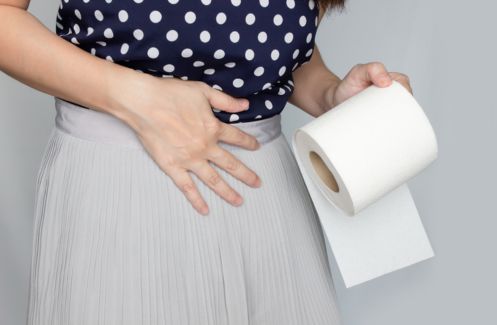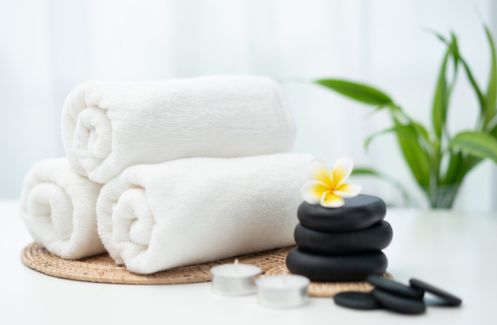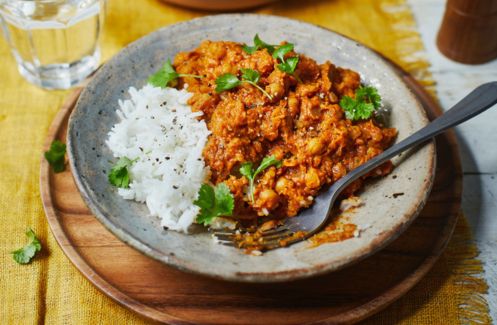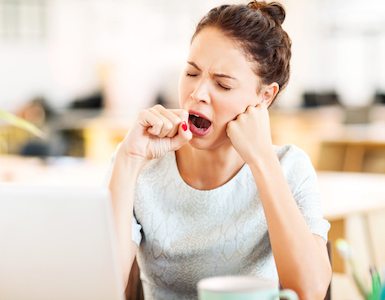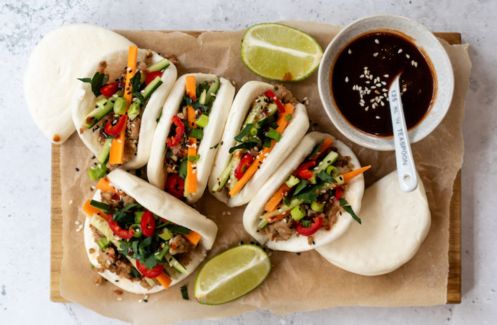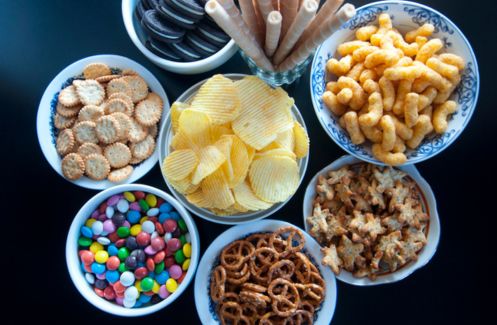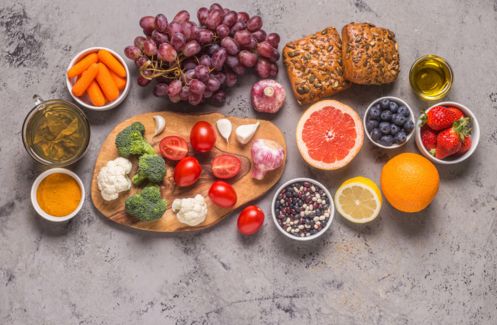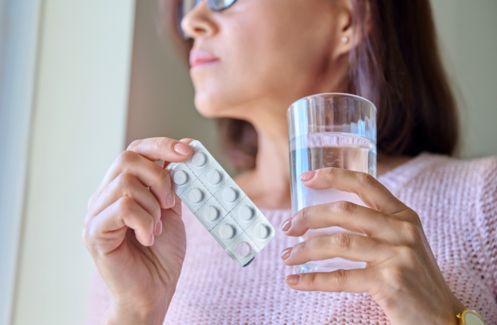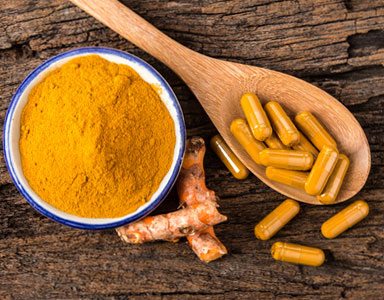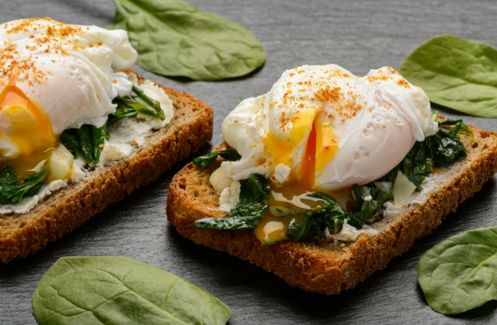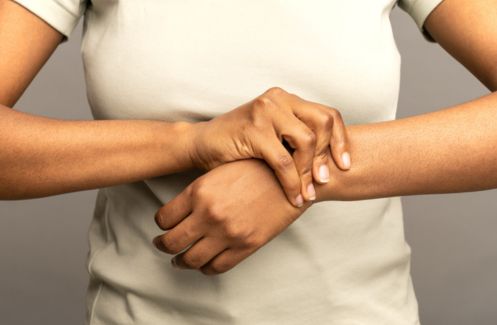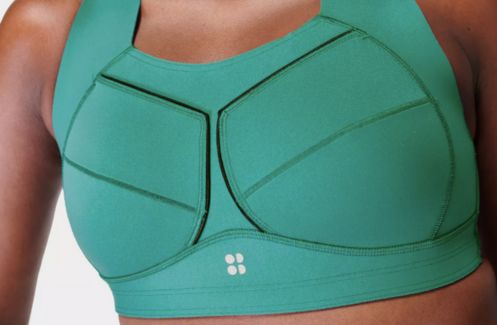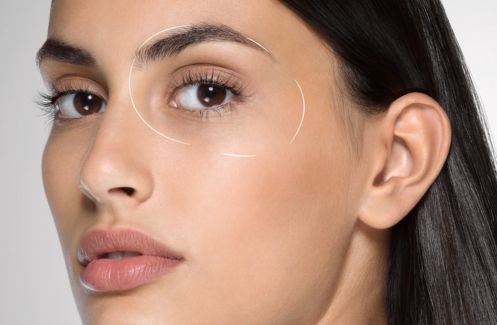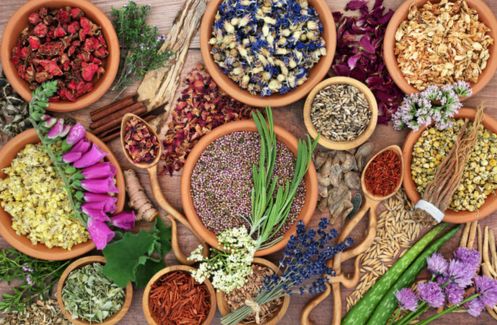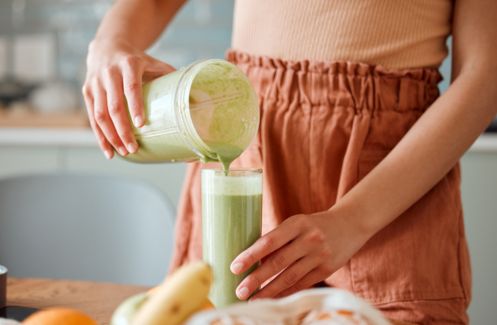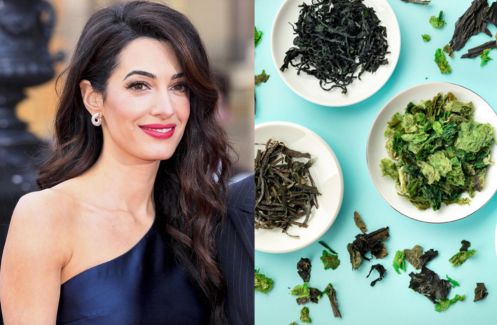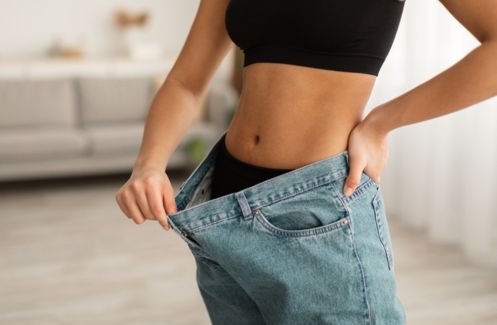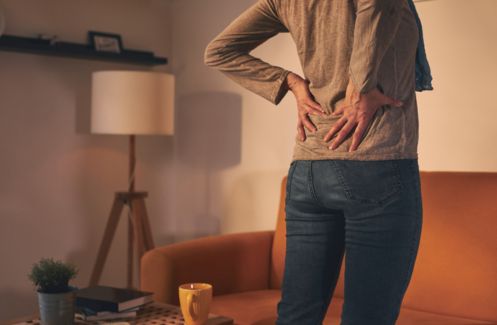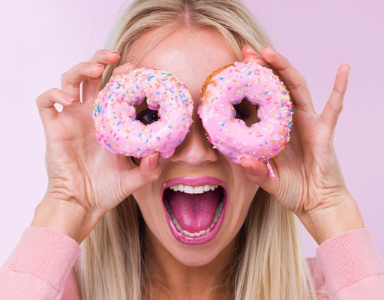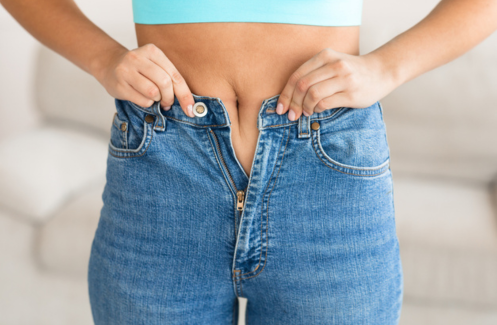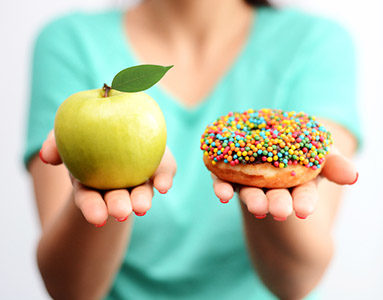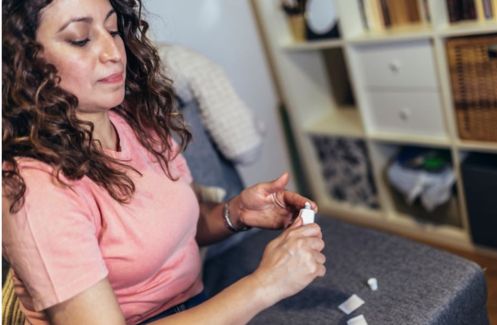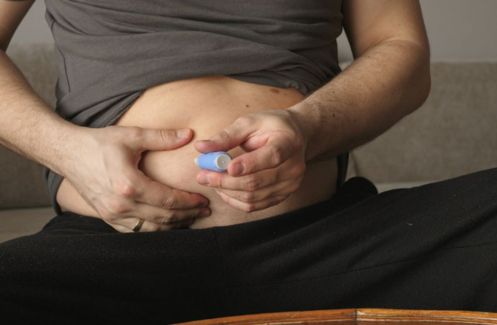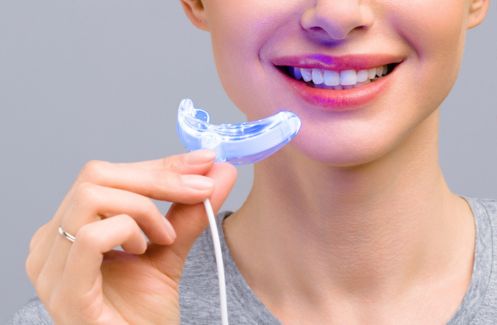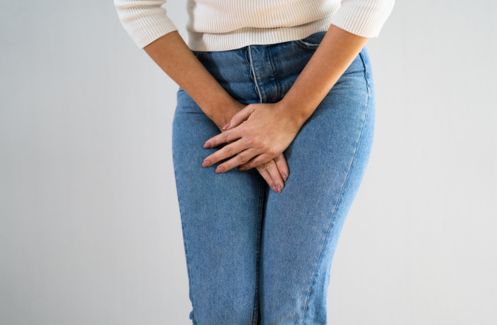We’ve found the five best non-alcoholic wines for you or your non-drinking or driving friends. Carly Cochrane has tried and tested them all at Healthista Towers
Staying sober over the party season can be hard, especially when you’re surrounded by alcohol. If you’re not the biggest fan of drinking, if you’re driving home from Christmas this year or if you simply want to avoid the hazy headaches, then we have found some of the best non-alcoholic wines to stop you from feeling left out.
Finding non-alcoholic wine is much harder than you may think (we had so much trouble finding good ones, as many tasted like fruit juice or soft drink, which is why we’ve limited into five). But we’ve tried and tested as many as possible in order to give you some options for Christmas. First of all though, we should probably clear up what exactly ‘non-alcoholic wine’ is.
What is non-alcoholic wine?
It’s pretty much what it says on the can, (or the bottle in this case). It’s wine with the alcohol removed. However, some of the beverages can still contain some alcohol, because let’s face it, it’s pretty hard to extract every single bit. Under the law, in order to be called ‘non-alcoholic’, a beverage can contain up to half a per cent of alcohol by volume. It can be a bit confusing, so here’s a quick guide to non-alcoholic wines and their labels in the UK:
- Non- alcoholic: contains no alcohol at all (0.0%)
- Alcohol-free: contains 0.05% alcohol or less
- De-alcoholised: contains 0.5% alcohol or less
- Low-alcohol: contains more than 0.5% but no more than 1.2%
How is the alcohol removed?
First you make wine, then you remove the alcohol – simple. The alcohol is removed in the production stage using one of three processes – a steam vaccum, where the alcohol is vaporised, reverse osmosis, where the alcohol is seperated through a filter, or centrifugal force, where the alcohol is repeatedly filtered to reduce the alcohol molecules.
Every wine is alcoholic up until the removal process
These processes are all done at cool temperatures in order to avoid damaging the wines. Every wine is alcoholic up until the removal process, so all the original flavours and characteristics are retained.
Does it taste the same?
Pretty much, if you choose a good one. Only a real connoisseur could probably spot the difference. The taste of wine is not removed or lowered when you take away the alcohol, it’s just that the fruit flavours of the wine will be more noticeable. Alcohol only really provides a texture, so it’s removal can change the ‘feel’ of a wine.
BEST RED:
Eisberg, Alcohol Free Cabernet Sauvignon, £3.50
A fresh and fruity non-alcoholic Cabernet Sauvignon, this is the perfect substitute for your glass of red.
This wine has had the alcohol carefully extracted and is labelled as alcohol free, which means that it has 0.05% alcohol or less. It also comes in at just 26 calories per 125ml serving which is obviously another bonus for ditching the alcohol.
Our testers LOVED this wine
Made from a ripe cassis (i.e lots of intense black berries and currants), it has a deep ruby colour and the aromas of cherries and plums. You would think that after removing alcohol, the wine would become a lot weaker, but in fact this wine is still just as dense.
The verdict:
Our testers LOVED this wine and were amazed at how alike it tasted to the real thing. In fact, many of them said that if they were served this with their dinner they would not be able to tell that it was non-alcoholic. It really and truly smells and tastes like the real deal, right down to the aftertaste and we could definitely see ourselves sipping this slowly throughout the night. Ten out of ten from us.
BEST ROSÉ:
Sainsbury’s Alcohol Free Rosé Wine, £2.50
Out of many of the non-alcoholic rosé wines we managed to find, this one was by far the best. From the Winemaker’s selection of Sainsbury’s comes this non-alcoholic rosé wine which is fresh and fruity, making it a great alternative. Made from a blend of summer berries, this rosé is considerably sweet and light.
The verdict:
Out of the rosé wines that we tried, this one was our favourite. It says lightly sparkling in the description but we didn’t think it was very bubbly, whcih we thought was better as we didn’t want it to be too sparkling. It had a lovely sweet and crisp flavour and went down well when chilled. A lot of the rosé wines we tried weren’t very tasty and you could tell that they were a cop out, but we could see ourselves drinking this one as a substitute.
BEST WHITE:
Eisberg, Alcohol Free Sauvignon Blanc, £3.50
Normally, we wouldn’t include two of the same brand in our round ups, but like we said, finding non-alcoholic wines is harder than you think, especially ones that taste good too. As well as the red, Eisberg have also created an alcohol free white wine that we think tasted the best and closest to a real wine, so here it is.
This Sauvignon Blanc is a blend of classic gooseberry and tropical fruit flavours, and goes down really well when chilled – plus it packs just 28 calories per 125ml serving.
The verdict:
It took us a long to time to find the perfect alcohol free white wine, so when we tried this one we knew it would be the go to. While it may look like a really weak bottle of white wine, don’t be fooled. When chilled, this has a super fruity taste and is really crisp, so it’s really easy to drink. Even the aftertaste is similar to alcoholic wine, so we don’t think you’ll be missing out on much with this one.
BEST MULLED WINE:
Marks & Spencer, Non-alcoholic Mulled Punch, £1.99
Mulled wine at Christmas is simply a must have so we can’t let this one slide. Marks & Spencer are one step ahead and have created a non-alcoholic mulled punch – which means there is absolutely not one trace of alcohol in this wine. Made with a seasonal blend of spring water, elderberry, redcurrant, red grape, lemon and orange juice, it’s the perfect mixture of warm spices to get you in to the festive mood without having to worry about headaches the next morning.
The verdict:
It’s suggested that this is best served warm, but we tried this in the office just straight from the bottle. If you love cinammon then this one could be dangerous. We loved the taste of this, it was warm, spicey and the smell just screams Christmas. It goes down really well but we do advise to watch out for the blast of cinammon aftertaste – it’s definitely a winter warmer and tickled our bellies.
BEST SPARKLING:
Asda Extra Special, Alcohol Free Pink Muscat, £2.50
Did you know that sparkling wine is becoming the go-to drink for Britons aged 18-32 after work? We’ve found what we would call a non-alcoholic alternative to sparkling wine – Pink Muscat.
Asda’s Extra Special Alcohol Free Pink Muscat is lightly fizzy and has a slightly dark pink shade. It might just be muscat grape juice blended with sparkling water, but it’s perfect when chilled and can be described as tasting sweet, floral and refreshing.
The verdict:
Out of all the sparkling wines we tried, this one was our favourite – we could see ourselves drinking this and pretending it were real. We all agreed that it tasted very light and flowery, which made it super refreshing, especially when cold. The fizz wasn’t too much or too little, so we’d definitely be satisfied with drinking this throughout a night of celebrations.
MORE: 9 best organic wines
Like this article? Sign up to our newsletter to get more articles like this delivered straight to your inbox.




